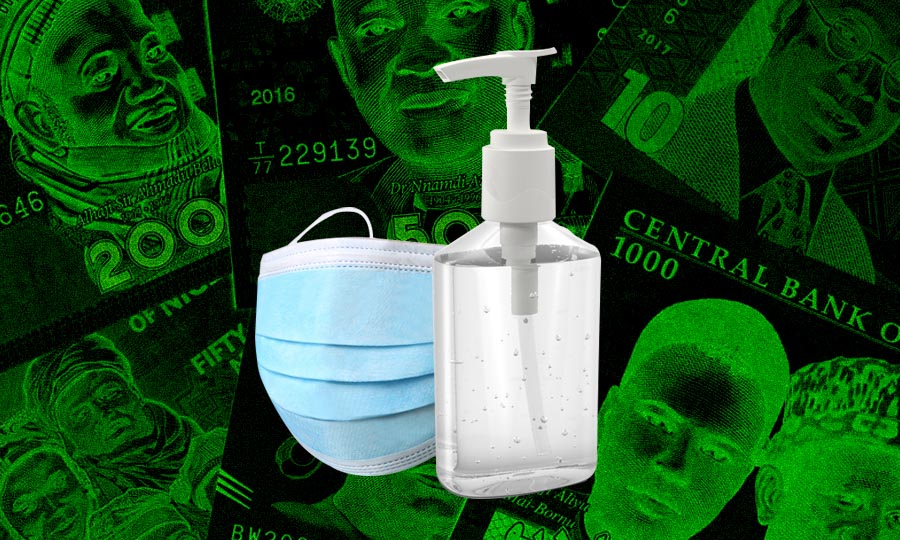As many Nigerians shop for food, medical supplies amid the coronavirus pandemic (COVID-19), some shopping outlets reportedly advised that you should use electronic transfer methods instead of using cash.
Cash is notoriously covered in germs; studies suggest that paper bills can contain bacteria and viruses, and lead to the spread of disease. It is important for all to handle less cash, as the Central Bank of Nigeria also advised.

What you need to know: The lifespan of various bills ranges from 4 to 15 years, meaning your bills have a lot of time to accumulate germs. Getting coronavirus, or other respiratory viruses like influenza, on your hands only leads to infection when it is transferred from your hand to places like your mouth, nose or eyes.
More intriguing is the question surrounding the future of Naira notes. Could the outbreak of this virus be a period to bid farewell to the era of cash transactions?
In recent times, the banking system has brought a new outlook by migrating online. Customers now need not walk down to their various banks to make the transaction; only a tap on their mobile phones will help save the stress.
[READ MORE: Banks’ assets under strain after naira depreciation)
This has become so alarming following the media non-hyperbolic reports that revealed that the virus can be easily spread through the handling of cash if the notes have amassed a fluid of an infected.
Therefore, the banking online interface may mount to its importance with the outbreak of the pandemic. However, while it is true that China and South Korea have taken measures to sanitize their cash, these moves are based on theoretical and not scientific conclusion that the novel coronavirus specifically has a higher risk of transmission on money than other similar viruses.

The best defence against potentially infected money is simple: Don’t touch your face or eat food after handling cash without washing your hands, and always wash your hands thoroughly after coming into contact with any money.
This advice, WHO told CNBC, should be followed all the time, not only during a viral outbreak.











